It’s been eight years to the day since Benedict XVI officially became the first pope in 600 years to retire while still alive. (The announcement came on February 11, 2013.) Ever since — by which I mean literally since the first announcement — rumors have swirled over why Benedict XVI retired, and whether Francis’ pontificate is legitimate. Was it scandal? A cabal of progressives or worse? A coup?
On the anniversary of his retirement, Pope Emeritus Benedict has a message for those who keep speculating — knock it off. Benedict tells Corriere della Sera that he wishes “some of my more fanatic friends” would accept his resignation as sincere and total, and to stop denigrating Francis’ pontificate:
Emeritus Pope Benedict XVI has marked the eighth anniversary of his historic resignation by insisting in an interview published Monday that he stepped down knowingly and that “there is only one pope” — Francis. …
Benedict, who turns 94 next month, called out “some of my more ‘fanatical’ friends’’ who remain angry at his resignation, which paved the way for a very different type of pontificate under Francis: less doctrinaire and more focused on the church as a field hospital for the poor and marginalized.
“It was a difficult decision. But I did it fully conscious and I think I did the right thing,” Benedict was quoted as saying.
Benedict seemed most intent on clarifying Francis’ leadership, Edward Pentin observes at the National Catholic Register. That may be in part due to any inadvertent confusion Benedict himself might have created during and after his retirement. Whatever the cause, however, Benedict wants to make plain that there is no shared authority:
The interview also made a point of only Francis being Pope: “The Pope is only one,” Franco quoted Benedict as saying, and observed the Pope Emeritus “tapping the palm of his hand lightly on the armrest, as if he wanted to give the words the force of a definitive affirmation.”
This matter is of considerable frustration to Benedict, who is aware of heated debates that ensued after his election that he may still, in some way, be pope. Proponents of such arguments say these have been partly fueled by Benedict’s own comments, his willingness to retain many external trappings of the papacy (leading to calls by Cardinal George Pell and others for set protocols for retired popes), and especially a 2016 Rome speech by his personal secretary, Archbishop Georg Gänswein. …
According to Franco, Benedict seemed in the interview to want to “exorcise” the “disorientation, astonishment and slander” that accompanied his decision to resign.
“The unicity of the papacy is self-evident to him,” Franco wrote, adding that in his view, that understanding does not apply “to some sectors of conservative Catholicism that are particularly implacable in their hostility to Francis.”
As for plots and cabals, Benedict wants people to stop speculating and trust him:
He remarked on “the conspiracy theories” that followed his resignation, saying that “some said it was because of the Vatileaks scandal, others because of a gay lobby plot, others because of the case of the conservative Lefebvrian theologian Richard Williamson.”
“They don’t want to believe it was a conscious choice, but my conscience is clear,” he said.
Will that be enough to put an end to the “fanatics” and the conspiracy theorists? It can’t hurt, but as we know, conspiracy theories and fanaticism are difficult to douse once sparked, especially when they burn for this long. Benedict wanted Francis to have the media field cleared. Benedict’s retirement has modeled that deference, but it has also perhaps inadvertently given rise to the “two popes” belief, or even the illegitimacy of Francis while Benedict remains alive and well. It’s good to see Benedict push back this hard against it now, but it might not have the kind of plenary effect he or Francis would prefer.
Benedict has some thoughts on another leader as well, although perhaps not as strong as his conservative fans would prefer either:
President Joe Biden “is an observing Catholic and he is personally against abortion,” Benedict said, referring to a point of contention that has arisen among the American bishops since Biden’s election.
The president of the U.S. Conference of Catholic Bishops, Cardinal José Gomez of Los Angeles, released a statement after Biden’s inauguration urging the president to rethink his position in light of his Catholic faith.
“But as president he tends to present himself in continuity with the Democratic Party line,” Benedict added, “and we still don’t fully understand his policy on gender.”
Benedict is clearly giving Biden the benefit of doubt on the abortion issue, but should he? Biden appears to have even stopped saying of late that he personally opposes abortion, let alone failing to ever act on it. To buy this, shouldn’t Benedict at least ask Biden to explain his personal opposition to abortion and its basis, while explaining how that shouldn’t translate into public policy? Perhaps Benedict wants to defer on this point to Francis as well. After all, Francis is the Pope.

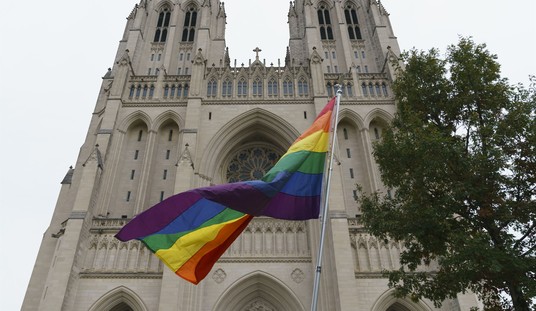
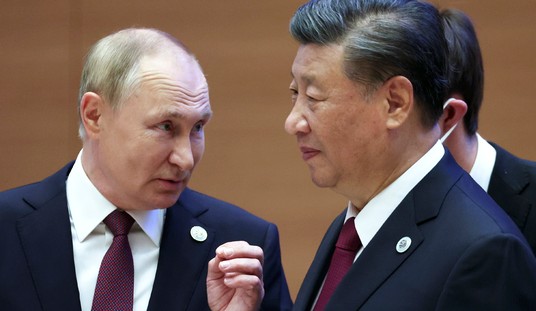
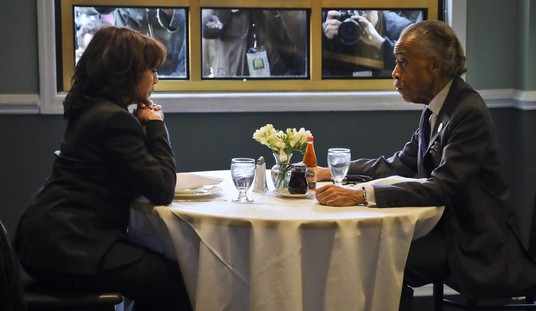

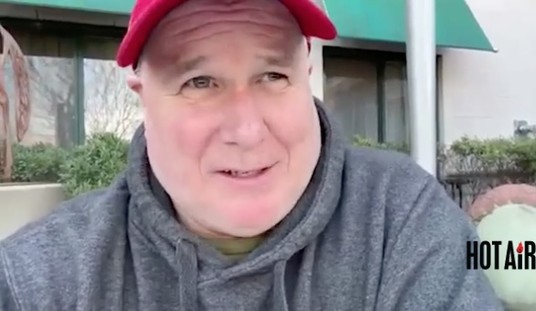
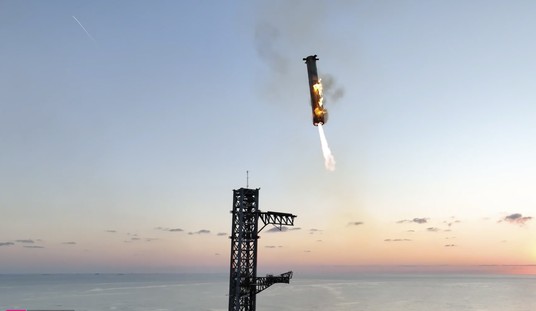
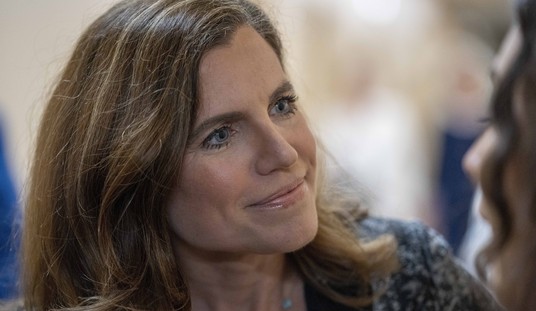
Join the conversation as a VIP Member